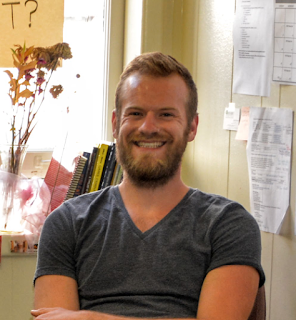Debating the Replication Crisis - Why Neuroethics Needs to Pay Attention

By Ben Wills Ben Wills studied Cognitive Science at Vassar College, where his thesis examined cognitive neuroscience research on the self. He is currently a legal assistant at a Portland, Oregon law firm, where he continues to hone his interests at the intersections of brain, law, and society. In 2010 Dana Carney, Amy Cuddy, and Andy Yap published a study showing that assuming an expansive posture, or “power pose,” leads to increased testosterone levels, task performance, and self-confidence. The popular media and public swooned at the idea that something as simple as standing like Wonder Woman could boost performance and confidence. A 2012 TED talk that author Amy Cuddy gave on her research has become the site’s second-most watched video, with over 37 million views. Over the past year and change, however, the power pose effect has gradually fallen out of favor in experimental psychology. A 2015 meta-analysis of power pose studies by Ranehill et al. concluded that power posing affec...